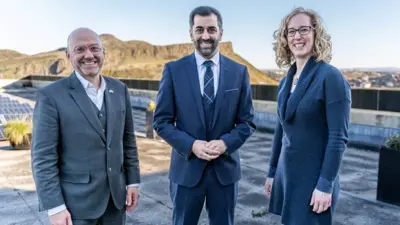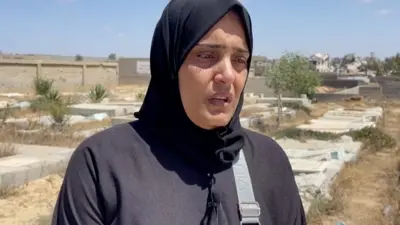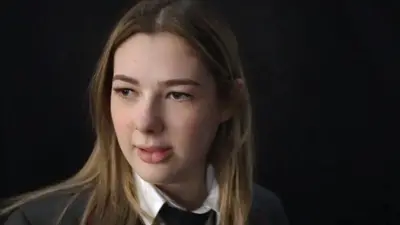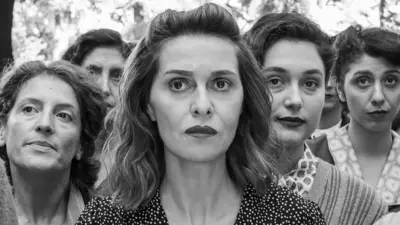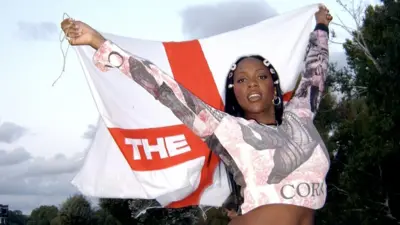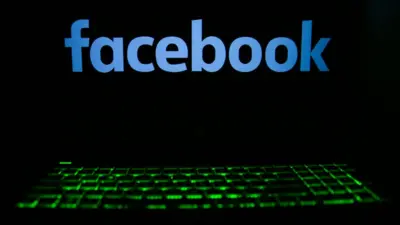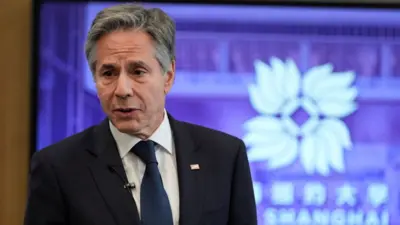We've updated our Privacy and Cookies Policy
We've made some important changes to our Privacy and Cookies Policy and we want you to know what this means for you and your data.
Italian PM Mario Draghi resigns after week of turmoil
- By Paul Kirby
- BBC News
A year-and-a-half after he was appointed as Italy's unelected head of a unity government, Mario Draghi has resigned as prime minister.
He told President Sergio Mattarella he was standing down after three parties in his government refused to back him in a confidence vote the night before.
The president asked him to remain as caretaker leader and early elections will take place this autumn.
Far-right leader Giorgia Meloni is already being tipped to win.
Mr Draghi, 74, was a popular choice as prime minister, dubbed Super Mario for his handling of the eurozone crisis as head of the European Central Bank.
In February last year, he was given the task of guiding Italy through the Covid pandemic and economic recovery, bolstered by a big EU package conditional on major reforms.
Before heading to the presidential palace, the Quirinale, Mr Draghi was given a round of applause in the lower house of parliament. "Even central bankers have their hearts touched sometimes. Thank you for all the work done in this period," he told MPs.
He first tendered his resignation a week ago when a populist party in his broad-based government refused to back an economic package for businesses and families.
President Mattarella had asked him to stay in the post and, after days of silence, Mr Draghi told the upper house of parliament he would continue - if the political parties were prepared to back a strong, cohesive government: "Are the parties and you parliamentarians ready to rebuild this pact?"
For several hours, Italians waited with bated breath for the answer, before three of the parties decided they would not back him in a vote of confidence.
The Milan stock market fell for the second day in a row. Another key indicator closely watched in Italy, called the spread, soared 9%: that is the gap between Italian and German 10-year bonds.
President Mattarella said the government would remain in office to handle current affairs, and then dissolved both houses of parliament. Elections were due to take place in the first half of 2023, but will now take place on 25 September.
Image source, Reuters
The parties set to benefit most from the political crisis include the far-right League and centre-right Forza Italia and both snubbed Mr Draghi in Wednesday night's crunch vote.
However, it is the far-right Brothers of Italy (FdI) party that is topping the opinion polls, and leader Giorgia Meloni is viewed as a possible prime minister. She was not part of the unity government and has repeatedly called for snap elections over the past week.
"I have my own ideas on how this nation should be governed, what should be done, what its industrial strategy should be," she said.
Italy's political turmoil has also divided leading figures in some of the parties. Two ministers from Forza Italia, Renato Brunetta and Mariastella Gelmini, have quit the party in protest at the decision to snub Mr Draghi.
The populist Five Star movement which triggered the crisis last week also saw a defection. Soave Alemanno said she no longer recognised her party and the instability now facing Italy jeopardised EU funding and abandoned reforms.
Italian PM Mario Draghi fails in bid to revive government
Mario Draghi called for a new pact to save his unity coalition, but three parties refuse to back him.
Top Stories
Features & Analysis
Most read
Content is not available
